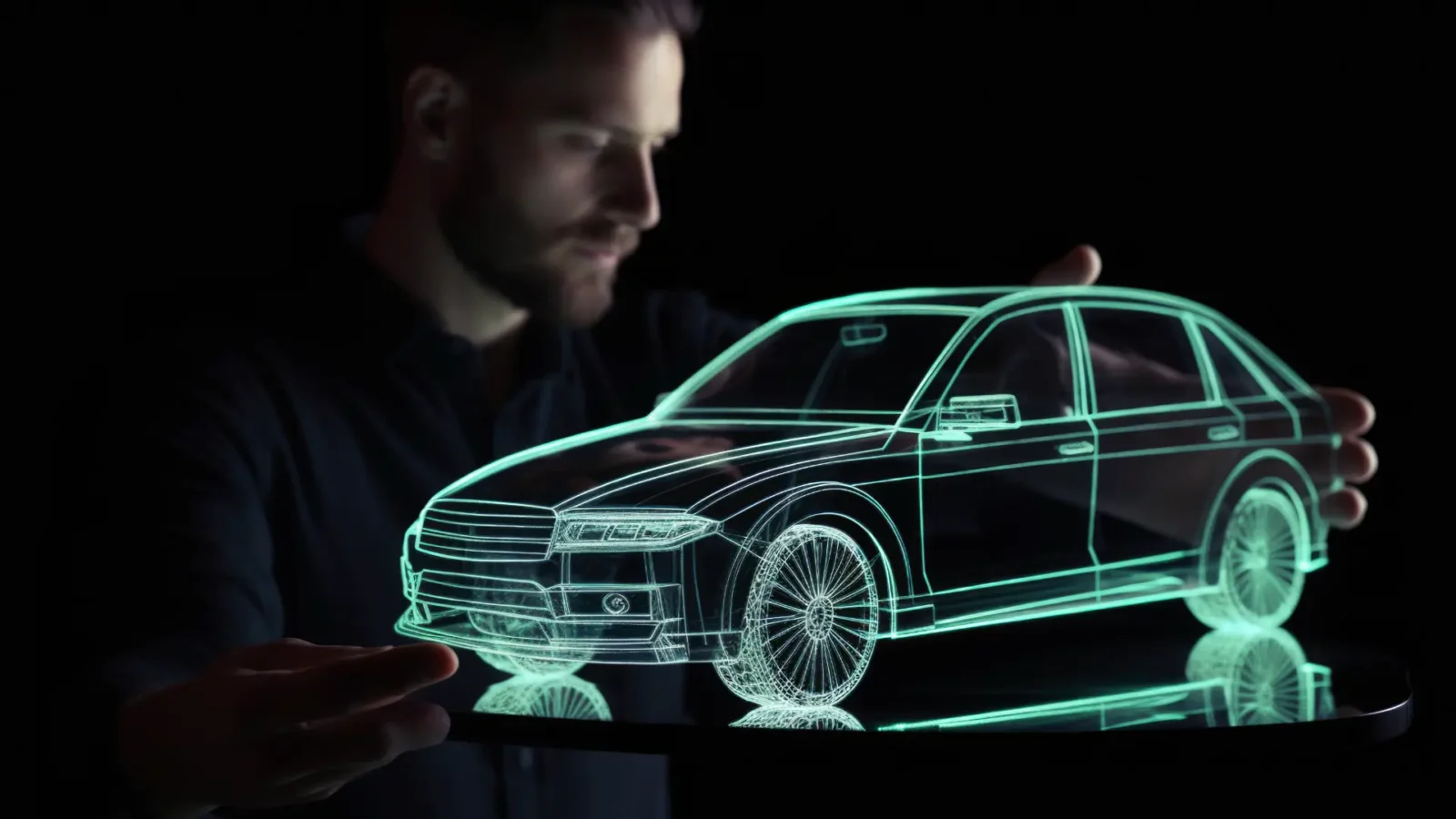Hybrid automobiles represent a significant advancement in the automotive industry, blending the advantages of internal combustion engines with the benefits of electric power. As concerns about environmental sustainability and fuel efficiency intensify, hybrid vehicles are becoming increasingly popular among consumers and manufacturers alike. This article delves into the world of hybrid automobiles, exploring their technology, benefits, challenges, and future prospects.
What is a Hybrid Automobile?
Definition and Basic Concept
A hybrid automobile is a vehicle that uses two distinct power sources to operate. Typically, this involves the combination of an internal combustion engine (ICE) and one or more electric motors, harnessing energy stored in batteries. The integration of these two systems allows for better fuel efficiency, reduced emissions, and enhanced driving performance.
Types of Hybrid Vehicles
Hybrid vehicles come in several configurations, each with unique characteristics:
- Parallel Hybrid: Both the electric motor and the internal combustion engine can drive the vehicle independently or simultaneously.
- Series Hybrid: The internal combustion engine generates electricity, which powers the electric motor that drives the vehicle.
- Plug-in Hybrid (PHEV): Similar to parallel hybrids, but with larger batteries that can be recharged by plugging into an external power source, enabling longer electric-only driving ranges.
The Technology Behind Hybrid Vehicles
Engine and Motor Dynamics
Hybrid vehicles integrate sophisticated technology to optimize the performance of both the internal combustion engine and the electric motor:
- Regenerative Braking: Converts kinetic energy into electrical energy during braking, recharging the battery.
- Start-Stop System: Automatically turns off the engine when the vehicle is stationary, conserving fuel, and reduces emissions.
Battery and Power Management
The battery in a hybrid vehicle is crucial for storing and supplying electrical power. Advanced battery management systems ensure efficient energy distribution, extending battery life and enhancing vehicle performance:
- Lithium-Ion Batteries: Commonly used due to their high energy density and long life cycle.
- Battery Cooling Systems: Essential to maintain optimal battery temperature and prevent overheating.
Advantages of Hybrid Automobiles
Hybrid vehicles offer a plethora of benefits that make them an attractive choice for environmentally conscious consumers and those looking to save on fuel costs:
Environmental Benefits
- Reduced Emissions: Hybrid cars emit fewer greenhouse gases compared to traditional gasoline-powered vehicles, contributing to a cleaner environment.
- Lower Fuel Consumption: Combination of electric and gasoline power means less fuel is used, conserving natural resources.
Economic Benefits
- Fuel Savings: Increased fuel efficiency translates to significant cost savings over the vehicle’s lifespan.
- Tax Incentives and Rebates: Many governments offer financial incentives to encourage the adoption of hybrid vehicles, reducing the overall cost of ownership.
Performance Benefits
- Enhanced Driving Experience: Hybrid vehicles often provide a smoother and quieter ride, particularly in electric-only mode.
- Instant Torque: Electric motors deliver power instantaneously, improving acceleration and overall driving dynamics.
Challenges of Hybrid Automobiles
Despite their many advantages, hybrid vehicles also face several challenges:
High Initial Cost
The advanced technology and materials required for hybrid vehicles often result in a higher purchase price compared to conventional cars. However, potential savings on fuel and maintenance can offset this initial investment over time.
Battery Life and Replacement Costs
Battery degradation is an inevitable part of hybrid vehicle ownership. Replacing a hybrid battery can be expensive, although improved technology is gradually reducing these costs.
Limited Electric Range in Non-PHEVs
Standard hybrid vehicles have limited electric-only driving ranges. For those looking for extended electric travel, plug-in hybrids or fully electric vehicles may be more suitable options.
The Future of Hybrid Automobiles
Technological Advancements
Ongoing research and development in hybrid technology promise to address many of the current challenges:
- Solid-State Batteries: Expected to offer higher energy density, faster charging times, and longer lifespans.
- Enhanced Regenerative Braking Systems: Innovations to capture more energy during braking, improving overall efficiency.
Market Trends
The global hybrid vehicle market is poised for significant growth, with increasing consumer awareness and stringent emission regulations driving demand:
- Expansion of Model Offerings: More manufacturers are introducing hybrid versions of popular models, providing greater choice for consumers.
- Integration with Autonomous Driving: Combining hybrid technology with autonomous systems could revolutionize the future of transportation, offering unprecedented efficiency and convenience.
Hybrid automobiles represent a crucial step towards sustainable transportation. By combining the strengths of internal combustion engines and electric power, they offer numerous environmental, economic, and performance benefits. While challenges remain, continued innovation and market expansion highlight a promising future for hybrid vehicles. As technology evolves and adoption rises, hybrid automobiles are set to play a vital role in shaping a cleaner, more efficient future for transportation.











